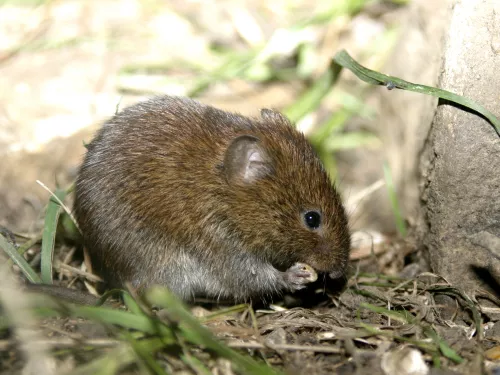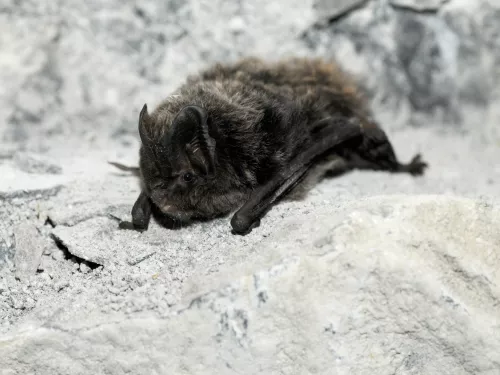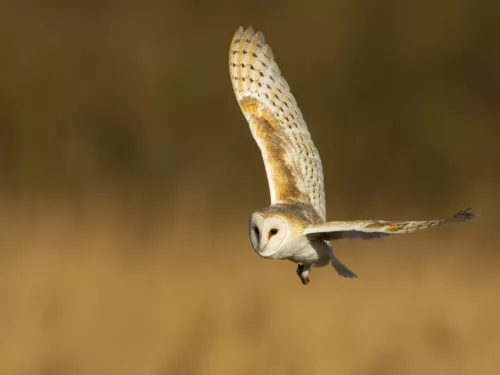Atlantic salmon
The Atlantic salmon spends most of its life at sea, but makes an epic journey back to the river or stream in which it hatched to spawn. Look out for it in freshwater rivers in the north and west.
The Atlantic salmon spends most of its life at sea, but makes an epic journey back to the river or stream in which it hatched to spawn. Look out for it in freshwater rivers in the north and west.
A late-flowering plant, Autumn gentian displays pretty, mauve, tube-like flowers atop its reddish stems. It favours dry, chalk grassland and sand dune habitats.
A key species in the story of conservation, the avocet represents an amazing recovery of a bird once extinct in the UK. This pied bird, with its distinctive upturned bill, can now be seen on marshes and estuaries in the East and South West.
The Azure damselfly is a pale blue, small damselfly that is commonly found around most waterbodies from May to September. Try digging a wildlife pond in your garden to attract damselflies and dragonflies.
The largest of the UK wrasse species, the ballan wrasse with its striking patterning is a delight for any rocky reef snorkeller or shallow water diver!
The Banded demoiselle can be seen flitting around slow-moving rivers, ponds and lakes. The males are metallic blue, with a distinctive dark band across their wings, and the females are a shiny green.

The chestnut-brown bank vole is our smallest vole and can be found in hedgerows, woodlands, parks and gardens. It is ideal prey for owls, weasels and kestrels.
The bar-tailed godwit winters in the UK in the thousands; look for it around estuaries like the Thames and Humber. In spring, the males display arresting breeding plumage, with brick-red heads, necks and chests.

The barbastelle is a scarce bat that lives in woodland and forages over a wide area. It has a distinctive 'pug-like' appearance because of its upturned nose.

The beautiful barn owl is, perhaps, our most-loved owl. Look out for it flying low over fields and hedgerows at dawn and dusk.
The black-and-white barnacle goose flies here for the 'warmer' winter from Greenland and Svalbard. This epic journey was once a mystery to people, who thought it hatched from the goose barnacle at sea!
Giants of the jellyfish world, these incredible creatures are the UK’s largest jellyfish! They can grow to the size of dustbin lids – giving them their other common name: dustbin-lid jellyfish.